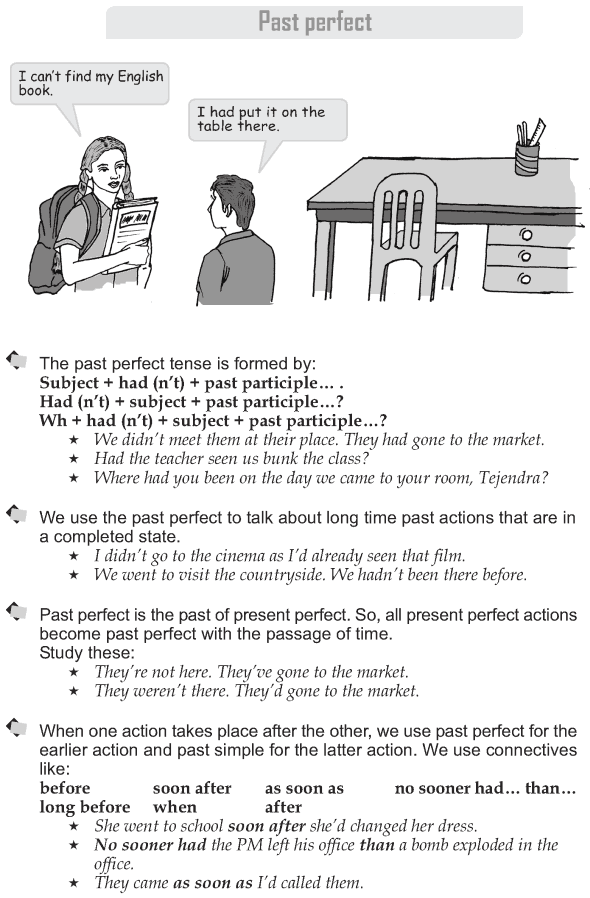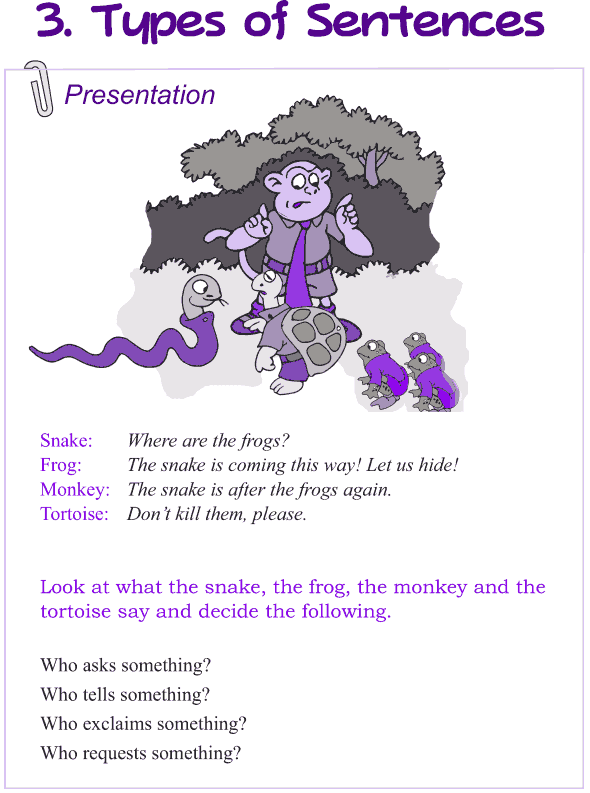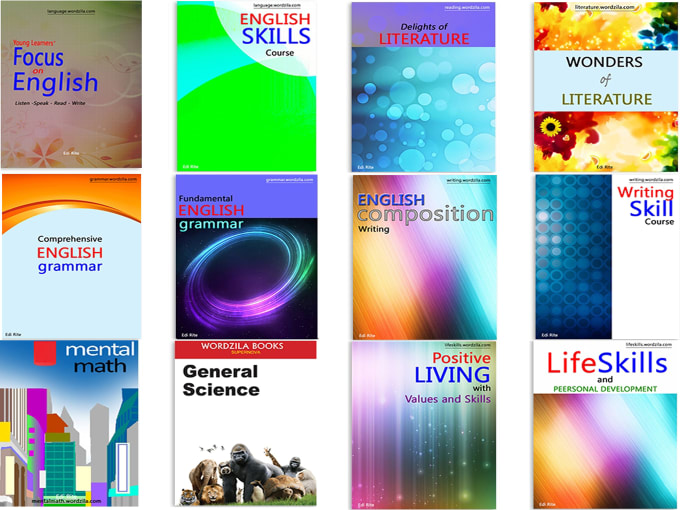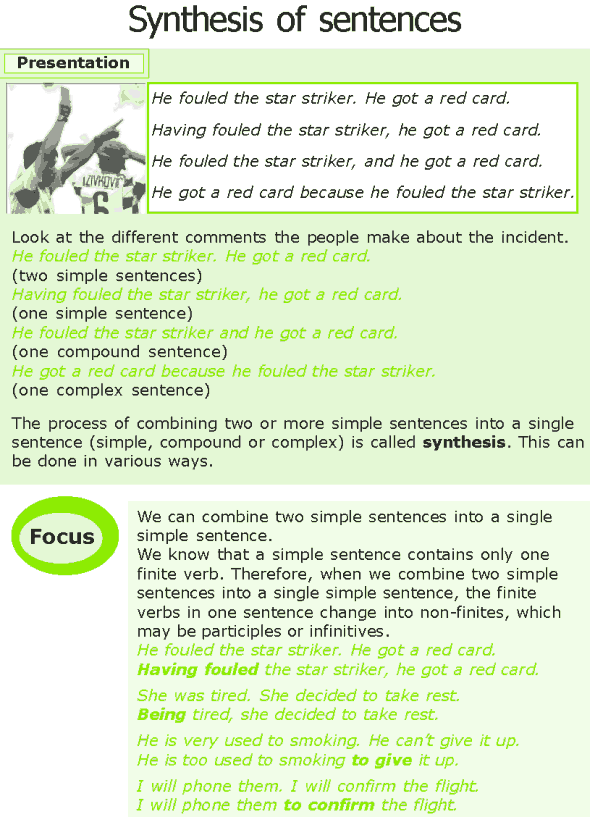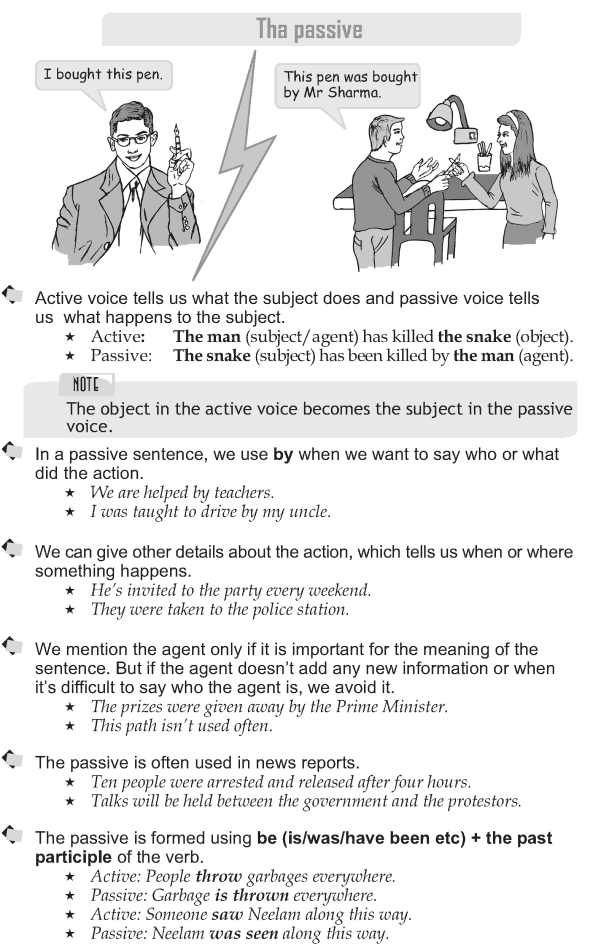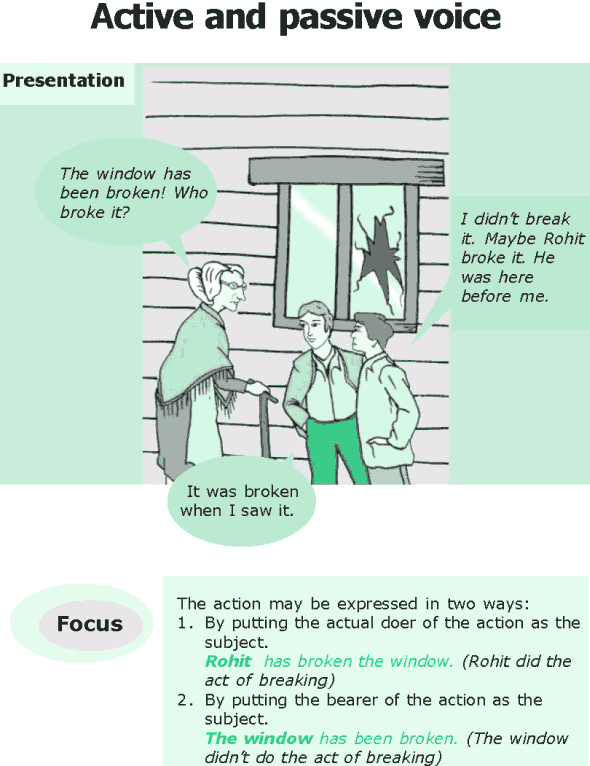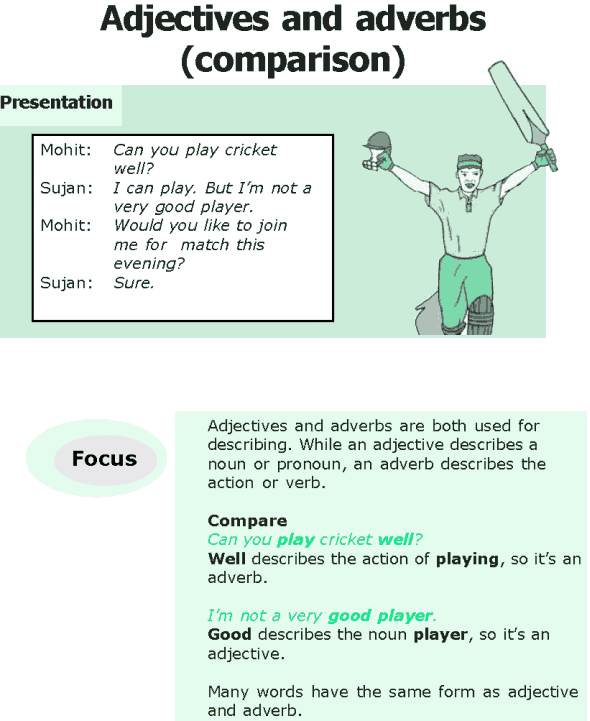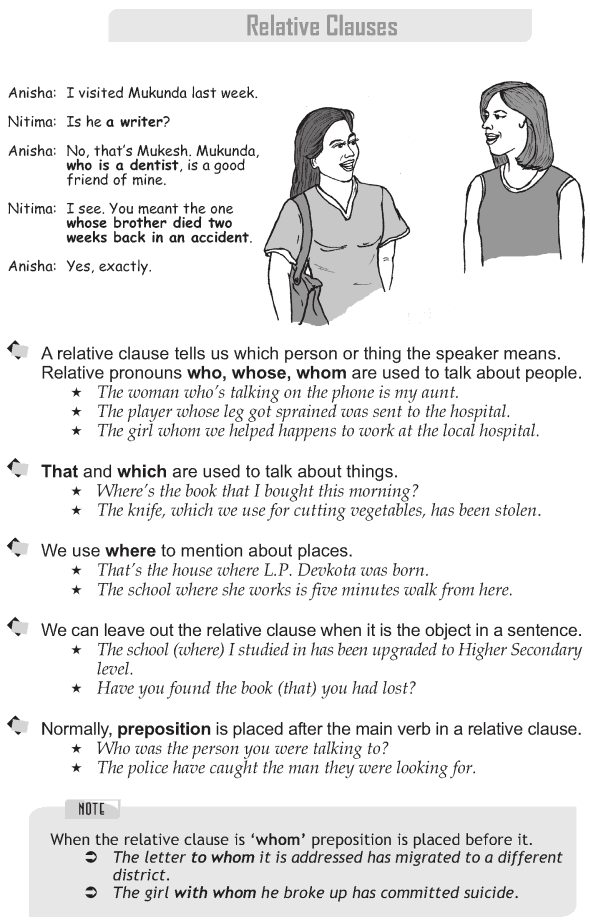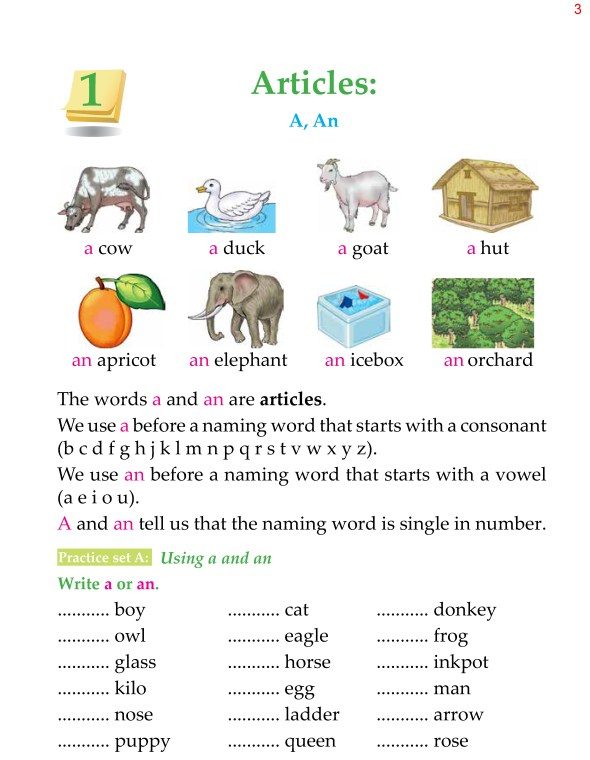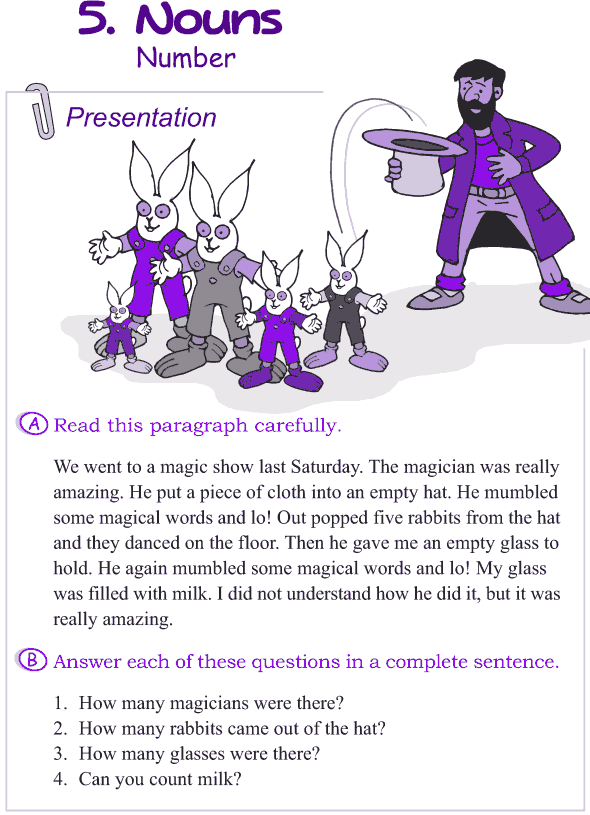 Genre/Topic: Nouns
Genre/Topic: Nouns
How many types of nouns are there on the basis of number? What are countable nouns? Can they be both singular and plural? What are uncountable nouns? Can they be both singular and plural? How can we change all singular nouns to plural nouns? How?
